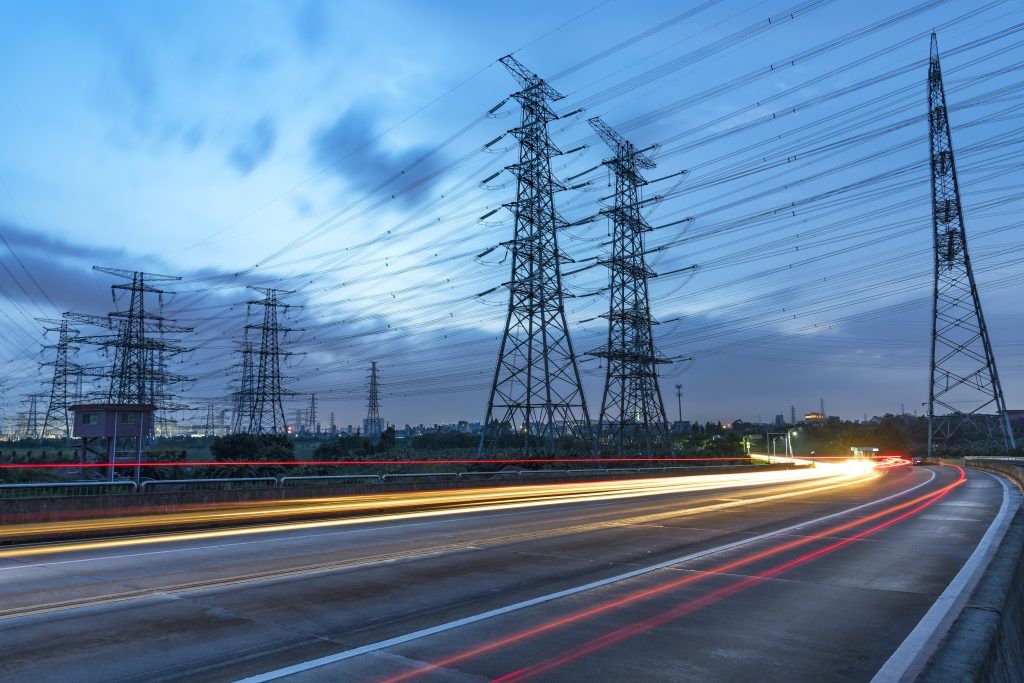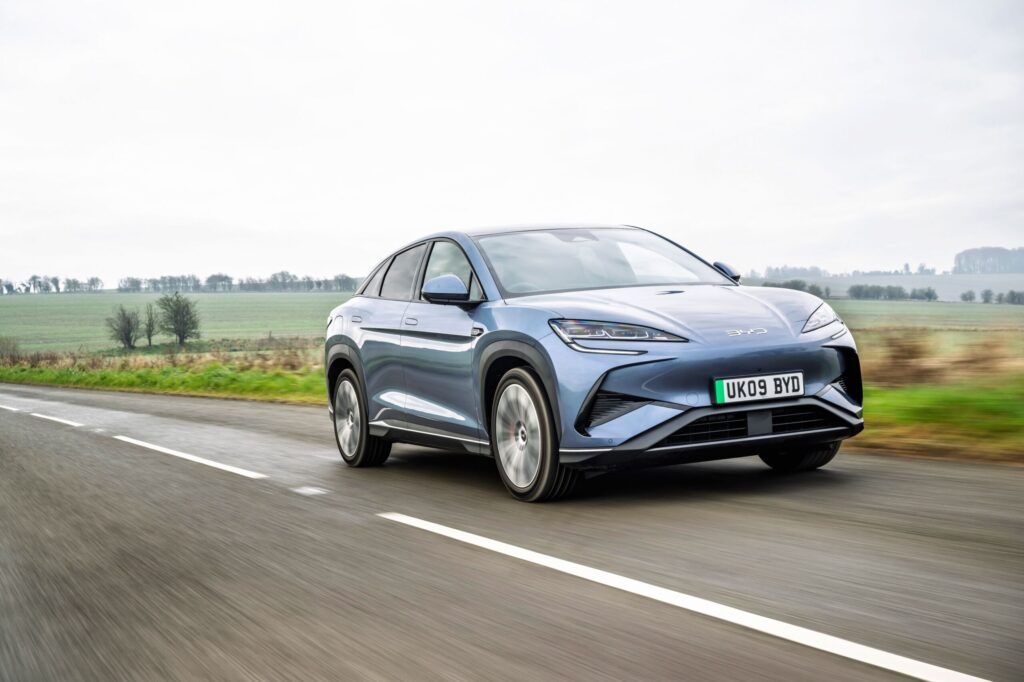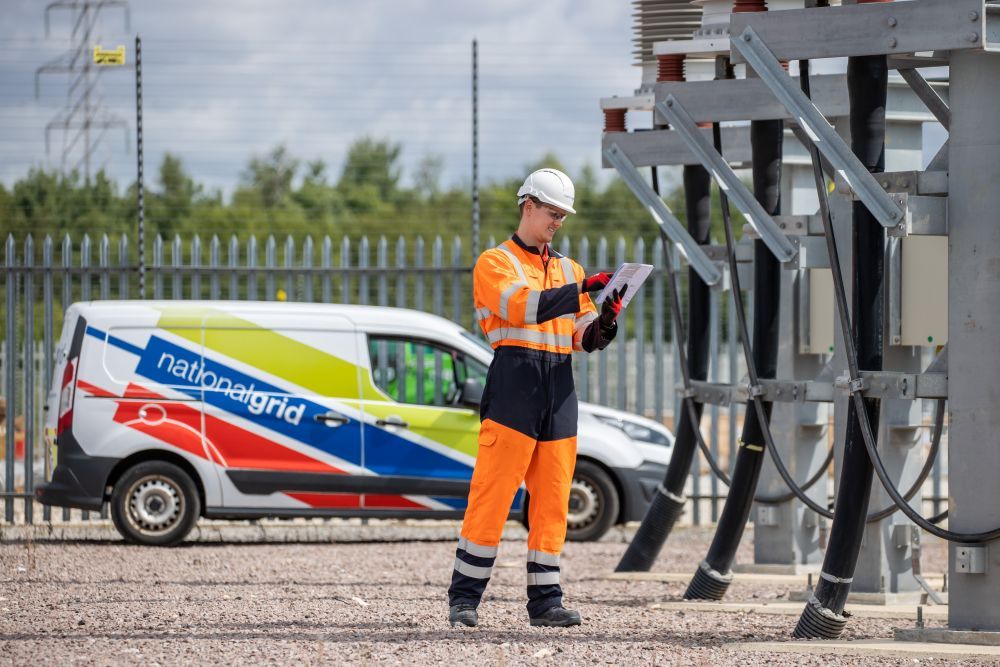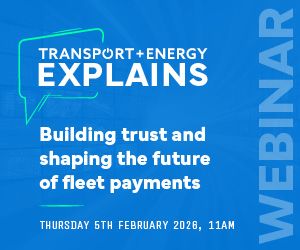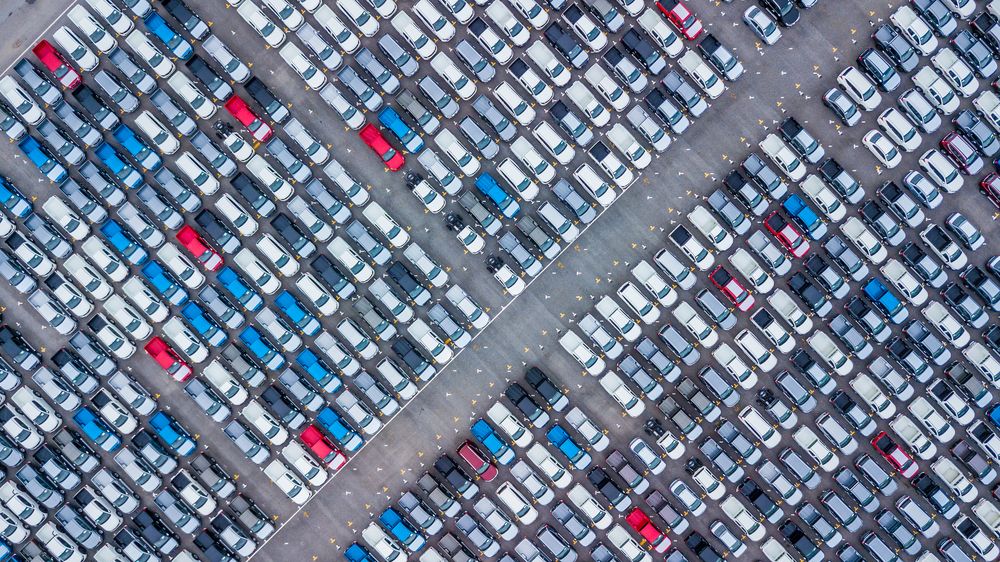Without addressing data science “roadblocks” and outdated infrastructure it is “futile” to have sustainability and net-zero goals, according to consultancy Leading Resolutions.
The firm said that with the UK government’s aim to deliver zero-carbon electricity by 2030, low-carbon electricity infrastructure is key to cutting down the reported 29% fossil fuel generation figure.
But despite bold policy commitments and investment in renewable energy, outdated systems across the grid are stifling progress.
While the UK government have prioritised clean energy projects for grid connections, legacy processes and infrastructure are ultimately causing a backlog for projected needs.
More investment won’t solve this issue, and instead the sector “must move outdated systems into a modern, sustainable-first era”, the consultancy said.
Pete Smyth said that addressing the challenges requires industry policy and attitude changes, not just from a government and consumer level, but also with the responsibility of energy sector businesses.
Investment in grid upgrades and modern AI-boosted digital transformation is essential, as is trust in new infrastructure projects, he added.
Pete Smyth, CEO at Leading Resolutions, said:
“Without tackling the root causes of inefficiency, namely, legacy IT and data systems, efforts to reach net zero are likely to fall short.
“The energy sector’s dependence on old hardware and software means that even as new, renewable energy resources are introduced, integrating them into the grid is fraught with delays and complications.
“Legacy infrastructure remains the biggest challenge to net-zero in the UK energy sector. Addressing outdated systems, improving data science capabilities, and ensuring reliable technology rollouts (like smart meters) are essential for building a smarter, more resilient grid that can support the transition to renewable energy and achieve net-zero targets.”
“A smarter national grid is essential for integrating more renewable energy sources into the mix. However, as it stands, the current grid infrastructure is not designed to accommodate the variable nature of renewable sources. To accommodate for this, flexibility is key, meaning a more digital, real-time and data-led analysis approach.
“While the UK is currently aiming to connect new renewable energy generation sites to existing infrastructure, legacy systems are a massive hindrance, slowing down any efforts. Modern, agile and digital-focused systems are needed to adapt to this change in energy focus; if systems are failing with current infrastructure requirements, they are definitely unprepared for more advanced methods. Without these upgrades, any beneficial impact of renewable energy will be limited by the constraints of legacy infrastructure.”
Ramesh Subramanian, Principal Consultant at Leading Resolutions said:
“Modernising the grid requires more than just new hardware; it demands digital transformation and real-time data analysis to manage supply and demand dynamically. Yet many energy companies still rely on outdated software that cannot efficiently collect, process or analyse the vast amounts of data generated by modern energy systems. Data entry points become bottlenecks, and information is often siloed or held by third parties, creating security and interoperability risks.
“Smart meter rollouts are also consistently facing issues, including technical failures and customer dissatisfaction. The gap between the ambition of net-zero policy and its real-world implementation with energy-monitoring home devices is stark, and legacy technology plays a big role in widening the gap in between.
“While smart meters are promoted as a real-time data collection tool for household energy use, often customers experience unreliability in poor service due to the outdated nature of the collection technology. In short, this piece of technology, intended to be cutting edge, isn’t working, essentially scamming consumers wishing to save.
“Current systems are not as intelligent as needed to provide the advanced data capabilities needed in supporting a sustainable grid, for example, dynamic energy tariffs and real-time consumption analysis. Addressing outdated systems and improving their data science capabilities is therefore essential to achieve net-zero targets.”
Image from Shutterstock



